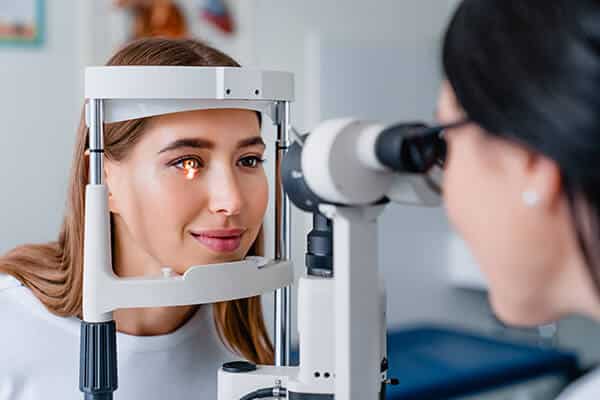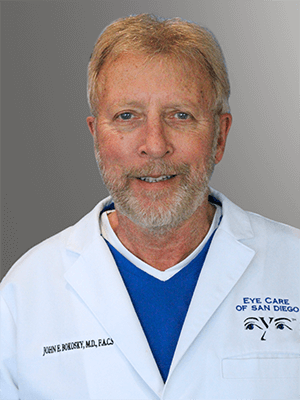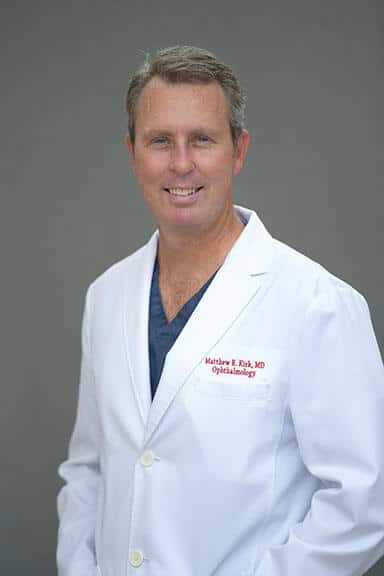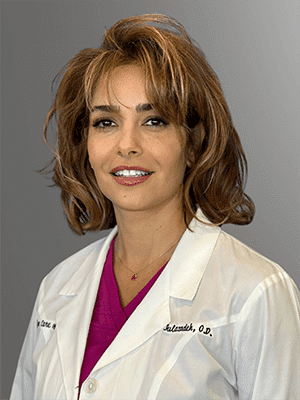Now Offering Free LASIK Consultations: Book Online Now!
Comprehensive Eye Exams
Comprehensive Eye Exams in San Diego

You may assume that if you do not experience vision problems or wear glasses or contact lenses, you do not need regular eye exams. This is simply untrue. Everyone should have eye exams with an ophthalmologist or optometrist on a regular basis to check for problems that may have no noticeable effect on vision.
Eye exams can provide valuable information about ocular health or overall health problems that may otherwise go undetected. Some people first learn they have serious medical conditions like cancer, diabetes or blood pressure problems from routine eye exams. Early detection of ocular or general health problems is critical to managing them properly and preventing long-term complications.
What Happens During an Eye Exam?
At the beginning of the exam, we will ask you about your eye health history, any symptoms you are currently experiencing, and whether you have allergies or take any medications. If you wear contacts or glasses, you should bring them to the appointment. We will also inquire about any previous eye surgeries you have had as well as your family’s history of eye problems. All of the information that we gather during this discussion helps us understand you and your needs better.
Next, some or all of following tests will be performed:
- Visual acuity tests to measure your distance and near vison
- Color blindness test
- Cover test to evaluate how your eyes work together
- Ocular motility testing to evaluate your eye movements
- Depth perception test
- Tests to determine your eyeglass prescription and lens power (if applicable)
- Visual field test to look for any blind spots in your visual field
These tests should not be painful or intrusive. We will explain what we are doing every step of the way.
We will also take the opportunity to inspect the structures of your eye like your lids, cornea lens, retina and optic nerve. Dilating eyedrops will be used to enlarge your pupils so we can get a better view inside your eyes. We use a microscope called a slit lamp to look inside your eyes for any potential signs of a problem. The slit lamp portion of the exam can help us detect abnormalities or changes caused by problems like diabetic retinopathy and macular degeneration.
Finally, we will measure the pressure inside your eyes to determine whether you have or are at risk of glaucoma. We measure intraocular pressure by using an instrument called a tonometer.
At the end of the exam, we will discuss our findings. If we discover something that seems abnormal during any part of the exam or testing, we may perform further testing to confirm or rule out our suspicions.
How often you should have eye exams depends on factors like your eye health and age. Once we see you for an initial “baseline” exam, we can recommend how often to return for subsequent exams.
Schedule an Exam at Eye Care of San Diego
If it has been a while since your last eye exam, or if you are experiencing new, troubling symptoms such as double vision or blurry vision, we invite you to book an exam with our doctors. Please contact us today to schedule an appointment.
















